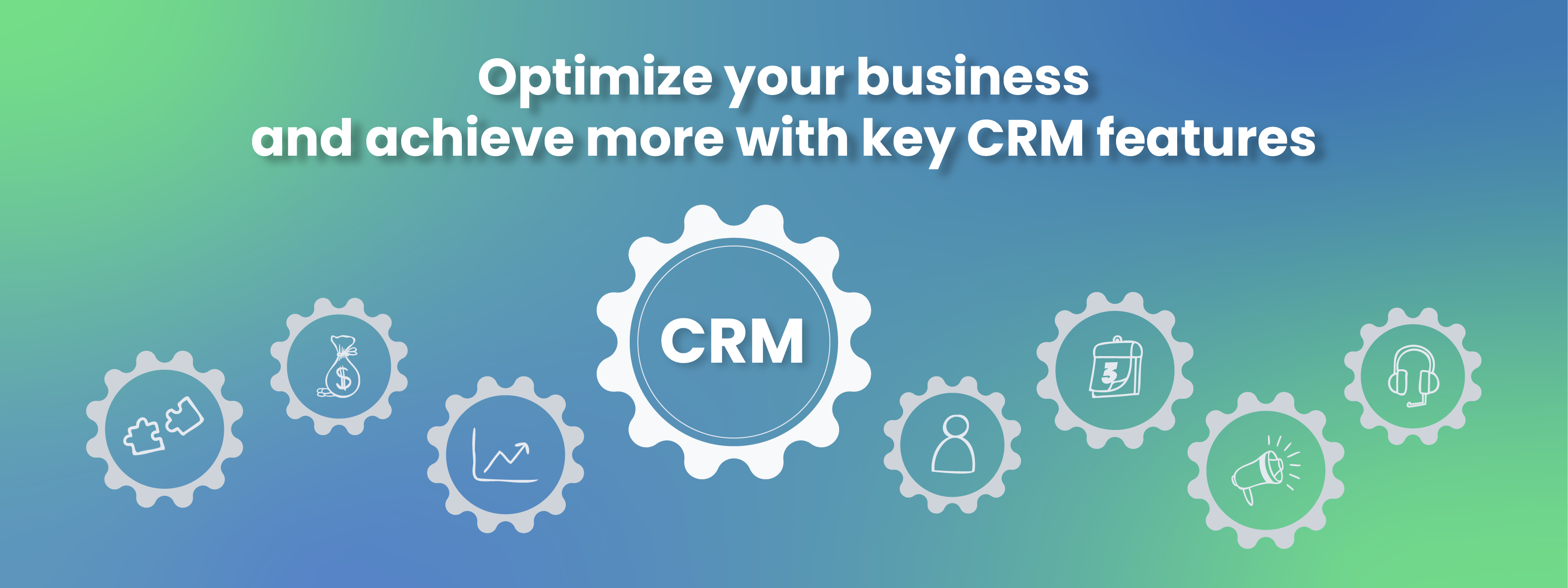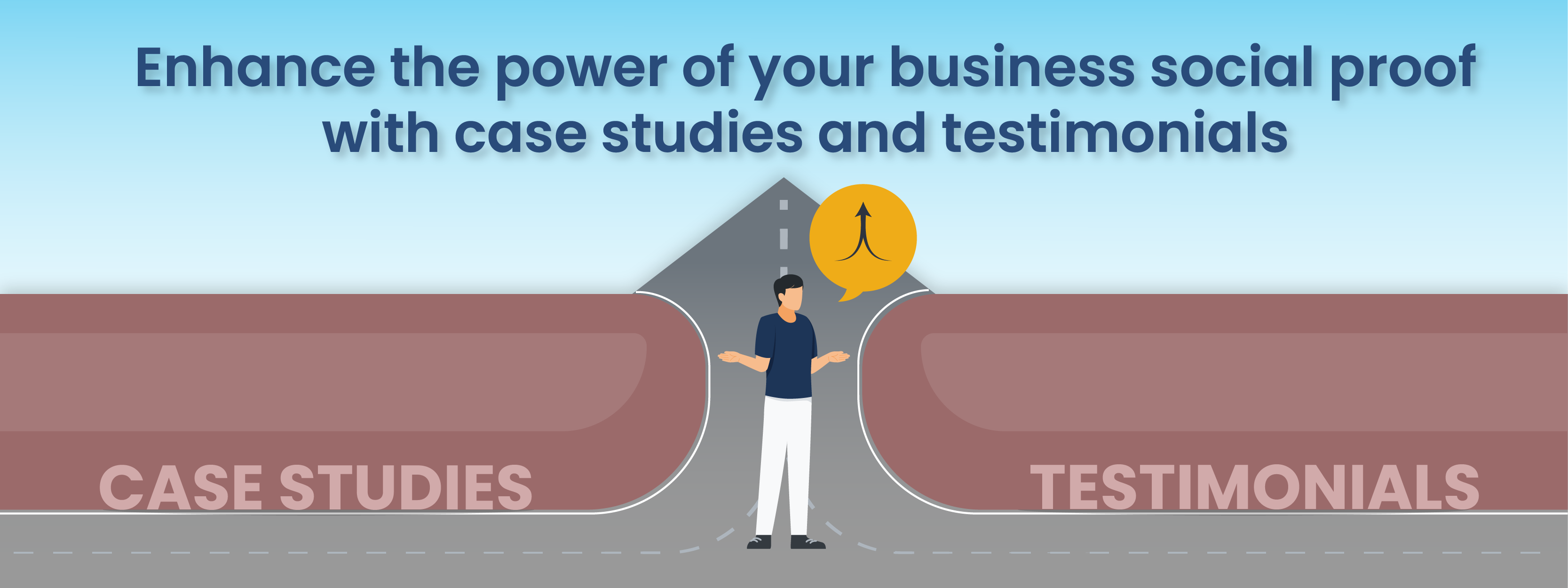There is no doubt in anyone’s mind that the customer is the most important aspect of any business. In layman’s terms, without a customer, you have no business. Once you’ve acknowledged this fact, the next question you need to ask yourself is, why is it important to have a great customer relationship?
“Customer relationship is a marathon, not a sprint.” – Dr. Ivan Misner, Founder and Chief Visionary Officer, BNI
The customer puts food on your table, day after day. And the difference between selling a product or a service and doing business is how well you take care of your customers. Take good care of the customer and the business takes care of itself. And since the cost of acquiring new customers is higher than retaining them, you must focus on delighting customers at every touch point rather than just making a sale.
Difference between a Businessman and Salesperson
| Salesperson | Businessman |
|---|---|
| Only wants to sell | Listens to customer needs and provides apt solutions |
| Wants customers to spend money | Wants customers to spend time well |
| Calls customers when there’s a discount or a new product | Is in constant touch with customers and builds a rapport |
The Three Pillars
Marketing, Sales and Customer Support/Service are the three pillars of customer relationship. The Marketing team runs campaigns to attract new customers. The Sales team qualify customers based on their needs. And the customer support/service team handles any queries or challenges that may arise during or after a sale. Each of these three pillars function as a foundation for strengthening your ties with your clients. And while a relationship can be broken in a matter of minutes, building a healthy relationship takes a lot of time, effort, perseverance and patience.
Right Information at the Right Time
Empower your customers with the right information at the right time. While your clients may appreciate the features in your product, it will not be of any value if those features don’t address any of your customer needs. Take the opportunity to educate your customers and help them make informed decisions. Remember, customers speak to other customers. Happy customers will talk to five other people about their positive experiences but unhappy customers are likely to tell twenty people about their disappointments. That’s why providing a personal touch to customer engagements can go a long way towards growing your business.
Exercises to Evaluate Customer Relationships
In business, you either lose a customer or gain a customer. Usually, you can learn a bit from both experiences to improve your business. Here’s a five minute exercise to help you do that.
When you lose a customer, consider asking yourself these questions
- Does my product/service solve the client’s problem?
- Have I assessed the need well enough?
- Do we have a mutual trust?
- Did I interact with the client personally?
- Did I and my organisation handle the client with care?
- Have I promised anything that I cannot deliver?
- Will I buy the product/service that I recommend this client?
- Did I focus on adding value rather than pushing sales?
When you gain a customer, consider asking yourself these questions
- How did my product/service solve the client’s problem?
- How is my product/service different from competitors?
- Will the customer refer my products/services to his friends?
- Can I provide a systematic and simplified workflow?
- Have I scheduled timely meetings and follow-ups?
Quickly jotting down these answers will help you analyse your sales process and validate your positioning as a brand in the market.
Underpromise and Overdeliver
The most common mistake organizations make is to overpromise and underdeliver. Give your customers the feeling that they have got more than their money’s worth. For example, if your product has ten outstanding features, talk about eight during the deal and surprise your client with two more after the sale. Lastly, maintain that momentum and build such a relationship with your customers that even when things don’t go according to plan, clients will say “Oh well, accidents happen!”
About the author of ‘Three Pillars of Customer Relationship’
 |
P Ramesh Chander is the founder of Rixyncs and a foremost expert in CRM solutions. Rixyncs is a Cloud based CRM IT services company with a focus on sales transformation. It has 200+ customers from India and around the globe. Ramesh is also a BNI Connect Evangelist and has trained more than 2500 members of BNI. He has helped organisations grow their business by 5x and can help you do the same.
|
|---|




